Edgar Moreau, Pierre-Yves Hodique - Play; Works for Cello and Piano (2014)
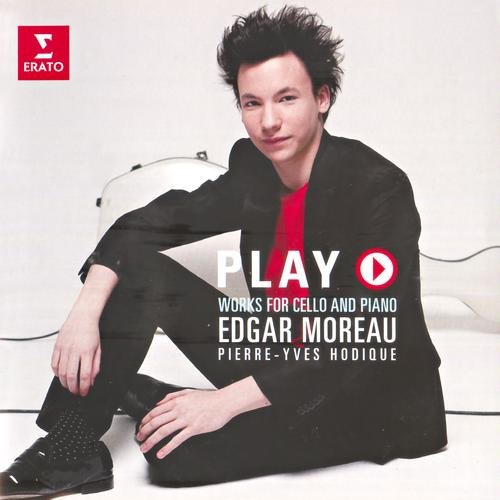
Artist: Edgar Moreau, Pierre-Yves Hodique
Title: Play; Works for Cello and Piano
Year Of Release: 2014
Label: Erato
Genre: Classical
Quality: FLAC (tracks+.cue,log,scans)
Total Time: 1:12:33
Total Size: 346 MB
WebSite: Album Preview
Tracklist:Title: Play; Works for Cello and Piano
Year Of Release: 2014
Label: Erato
Genre: Classical
Quality: FLAC (tracks+.cue,log,scans)
Total Time: 1:12:33
Total Size: 346 MB
WebSite: Album Preview
01. Vittorio Monti: Csardas (4:50)
02. Edward Elgar: Salut d'Amour, Op.12 (2:53)
03. Niccolo Paganini: Variations on one string on a theme from Rossini's Mose in Egitto (6:50)
04. Alexandre Glazounov: Chant du Menestrel, Op.71 (3:54)
05. Mstislav Rostropovich: Humoresque, Op.5 (2:06)
06. Gabriel Faure: Elegie in C minor, Op.24 (6:33)
07. Antonin Dvorak: Waldesruhe, B 173, Op.68, No.5 (5:41)
08. Francis Poulenc: Les Chemins de l'amour (3:25)
09. Camille Saint-Saens: 'Mon coeur s'ouvre a ta voix' from Samson et Dalila (5:58)
10. Jean Francaix: Mouvement perpetuel (2:12)
11. Piotr Illitch Tchaikovski: Valse sentimentale, Op.51, No.6 (2:26)
12. Julet Massenet: Melodie-Elegie, Op.10, No.5 from Les Erinnyes (1:45)
13. David Popper: Elfentanz, Op.39 (2:50)
14. Franz Schubert: Ave Maria, D 839, Op.52, No.6 (4:09)
15. Christoph Willibald Gluck: Ballet des Ombres heureuses (3:15)
16. Ernest Bloch: Prayer from Jewish Life (4:47)
17. Frederic Chopin: Introduction et Polonaise brillante in C major, Op.3 (9:08)
Recording Salle Colonne, Paris, Eglise protestante Saint-Pierre, 2-5.IX.2013
Edgar Moreau, cello
Pierre-Yves Hodique, piano
Philippe Muller, cello
At fifteen years of age, Moreau won the Young Soloist Prize at the Rostropovich Competition; then at seventeen he won second prize at the International Tchaikovsky Competition. He signed an exclusive contract with Erato/Warner Classics, and for this debut album (the title apparently inspired by modern computer usage, as in "Press the PLAY button"), Moreau explains that he "wanted a succession of genre pieces since they are also an integral part of the cello repertoire." He goes on to say that he "wanted to record a selection of them ranging from vocal transcription to virtuoso encore. With my faithful chamber music partner Pierre-Yves Hodique, we have often had fun punctuating our concerts and recitals with some of these pieces, and so it seemed obvious to us to feature these compositions that are always appreciated by the audience." In other words, the program comprises mainly brief, entertaining showpieces meant to highlight the talents of musicians. The beloved British conductor Sir Thomas Beecham would have called these selections bon-bons.
As it is, the program works pretty well. There is nothing here long enough to tax the patience of non or only mildly interested classical music listeners; the performers present the pieces in sterling interpretations; and Erato provide them pretty good sound. It's a winning combination, even if so many (seventeen tracks) short works (nothing over five or ten minutes each) may seem a bit spread out shotgun style for dedicated classical fans.
I think the main thing about all the performances on the disc is that Moreau and Hodique appear to be having a good time playing them. Not only are both artists meticulous virtuosos, they seem to love the music they're playing and love playing it together. Their musical partnership yields energetic, pleasurable, and technically satisfying results, the two performers continuously engaging in friendly instrumental dialogue and obvious good humor, even in the overtly sentimental tunes. The album is a good deal of fun.
Since the music Moreau and Hodique have chosen is very popular and comes from just about everybody in the Romantic era and a little into the modern, let me point out just a few of the works I especially enjoyed. They begin with a genuine curtain-raiser in Vittorio Monti's Csardas, probably that composer's most-famous tune. Like the Hungarian dances that influenced it, the piece starts with a slow, poignant introduction, followed by a rousingly fast, Gypsy-inflected conclusion. The performers handle both segments with equal poise, bringing out the work's sentimental qualities and ending it in happy good cheer. Moreau's cello work sounds appropriately soulful and exhilarating by turns, and Hodique proves an able accompanist by matching but never overshadowing him at every turn.
And so it goes. Elgar's Salut d'amour sounds sweetly beguiling in Moreau's hands; Faure's Elegie is properly sad and wistful; Poulenc's Les Chemins de l'amour has all the qualities of a popular song in waltz time; Tchaikovsky's Valse sentimentale is satisfactorily melancholic; Popper's "Dance of the Elves" has a Mendelssohnian sparkle; Schubert's Ave Maria is as melodic as you'll hear; and the duo go out in style with Chopin's Introduction et Polonaise brillante. Then there are all the good things in between these numbers. The disc is a treat.
For the home listener, the question of how well Mr. Moreau might handle a longer, more-serious piece of music--a concerto or a sonata, for example--remains unanswered. But one thing is sure from listening to this album of short favorites: the man plays a mean cello.
Happily, too, it's one of the best-sounding discs I've heard from Erato. The two instrumentalists appear well positioned between the speakers. Both instruments are clear and detailed. Dynamic range, impact, and transient response are all suitable for the occasion. Moreover, air, bloom, room resonance, and dimensionality sound realistic enough to give the presentation an overall lifelike feeling. Nicely done, Erato.
As it is, the program works pretty well. There is nothing here long enough to tax the patience of non or only mildly interested classical music listeners; the performers present the pieces in sterling interpretations; and Erato provide them pretty good sound. It's a winning combination, even if so many (seventeen tracks) short works (nothing over five or ten minutes each) may seem a bit spread out shotgun style for dedicated classical fans.
I think the main thing about all the performances on the disc is that Moreau and Hodique appear to be having a good time playing them. Not only are both artists meticulous virtuosos, they seem to love the music they're playing and love playing it together. Their musical partnership yields energetic, pleasurable, and technically satisfying results, the two performers continuously engaging in friendly instrumental dialogue and obvious good humor, even in the overtly sentimental tunes. The album is a good deal of fun.
Since the music Moreau and Hodique have chosen is very popular and comes from just about everybody in the Romantic era and a little into the modern, let me point out just a few of the works I especially enjoyed. They begin with a genuine curtain-raiser in Vittorio Monti's Csardas, probably that composer's most-famous tune. Like the Hungarian dances that influenced it, the piece starts with a slow, poignant introduction, followed by a rousingly fast, Gypsy-inflected conclusion. The performers handle both segments with equal poise, bringing out the work's sentimental qualities and ending it in happy good cheer. Moreau's cello work sounds appropriately soulful and exhilarating by turns, and Hodique proves an able accompanist by matching but never overshadowing him at every turn.
And so it goes. Elgar's Salut d'amour sounds sweetly beguiling in Moreau's hands; Faure's Elegie is properly sad and wistful; Poulenc's Les Chemins de l'amour has all the qualities of a popular song in waltz time; Tchaikovsky's Valse sentimentale is satisfactorily melancholic; Popper's "Dance of the Elves" has a Mendelssohnian sparkle; Schubert's Ave Maria is as melodic as you'll hear; and the duo go out in style with Chopin's Introduction et Polonaise brillante. Then there are all the good things in between these numbers. The disc is a treat.
For the home listener, the question of how well Mr. Moreau might handle a longer, more-serious piece of music--a concerto or a sonata, for example--remains unanswered. But one thing is sure from listening to this album of short favorites: the man plays a mean cello.
Happily, too, it's one of the best-sounding discs I've heard from Erato. The two instrumentalists appear well positioned between the speakers. Both instruments are clear and detailed. Dynamic range, impact, and transient response are all suitable for the occasion. Moreover, air, bloom, room resonance, and dimensionality sound realistic enough to give the presentation an overall lifelike feeling. Nicely done, Erato.
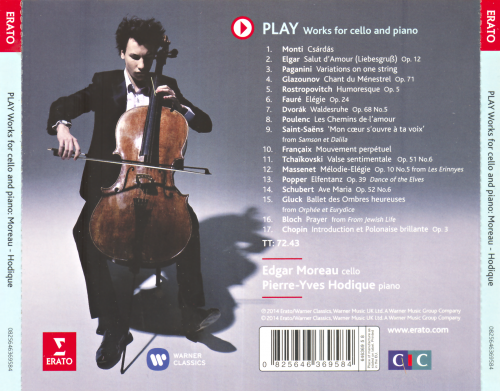
Download Link Isra.Cloud
Edgar Moreau, Pierre-Yves Hodique - Play; Works for Cello and Piano (2014)
My blog
Edgar Moreau, Pierre-Yves Hodique - Play; Works for Cello and Piano (2014)
My blog
![Nābu Pēra - Soundscapes of Nicosia (2025) [Hi-Res] Nābu Pēra - Soundscapes of Nicosia (2025) [Hi-Res]](https://img.israbox.com/img/2025-12/14/lhs20jten1ip5ht0uibyjocfe.jpg)
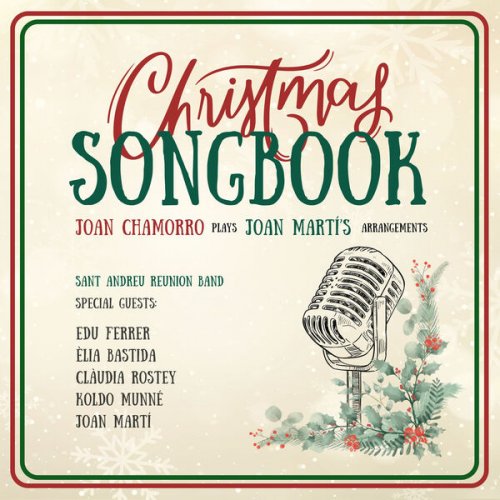
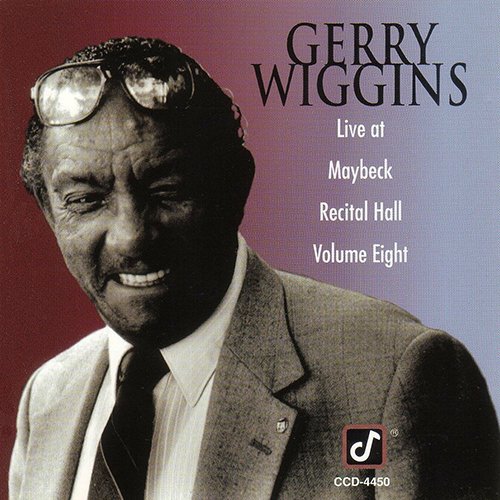
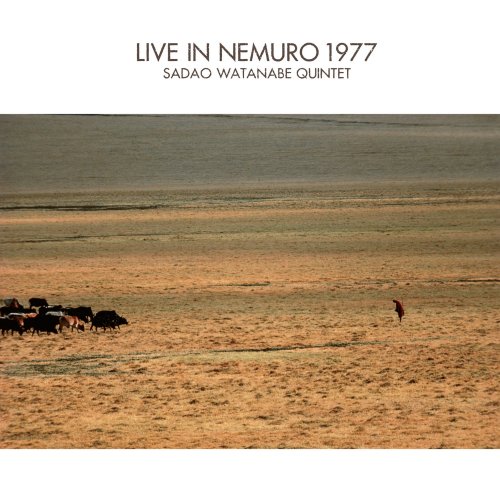
![Tomasz Stańko - Piece for Diana and Other Ballads (Polish Radio Sessions vol. 1/6) (2025) [Hi-Res] Tomasz Stańko - Piece for Diana and Other Ballads (Polish Radio Sessions vol. 1/6) (2025) [Hi-Res]](https://www.dibpic.com/uploads/posts/2025-12/1765788761_cover.jpg)
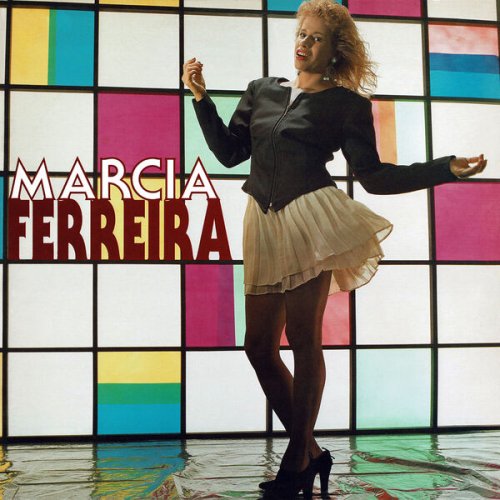
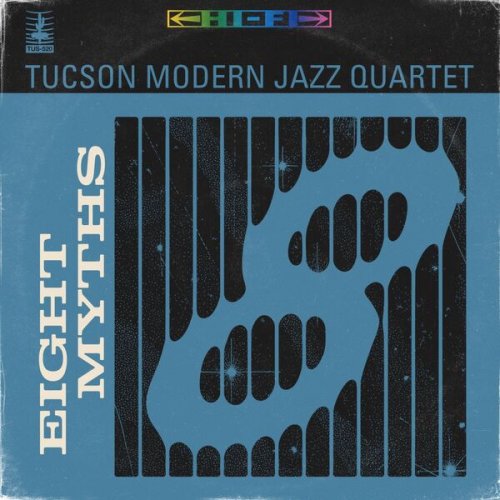

![Eshon Burgundy - Safe Place (Bossa Nova Jazz) (2025) [Hi-Res] Eshon Burgundy - Safe Place (Bossa Nova Jazz) (2025) [Hi-Res]](https://www.dibpic.com/uploads/posts/2025-12/1766079194_cover.jpg)